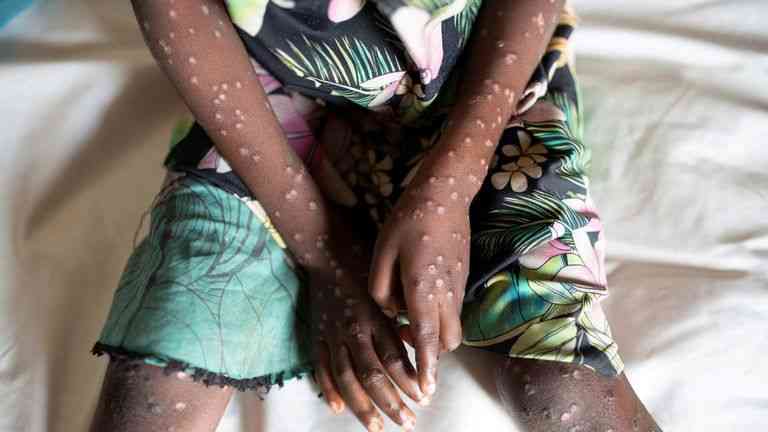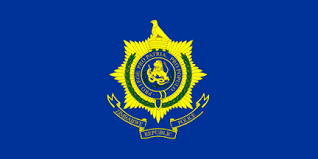
IN yesterday’s edition, we carried a story titled Mpox threat jolts govt into action, where Public Health Adviser to the President and Cabinet and recently appointed World Health Organisation Regional Office for Africa Emergency Preparedness and Response Technical Advisory Group member, Agnes Mahomva, said Zimbabwe was prepared for an outbreak of the viral disease.
Mpox (formerly called monkey pox) is a rare viral infection that is endemic to Central and West Africa.
It spreads through close contact with people, animals or material infected with the virus.
So far, no cases have been reported and Mahomva says the disease surveillance system approach they have put in place is to ensure that no cases are imported into the country from affected countries.
The Africa Centres for Disease Control and the World Health Organisation early this month declared the Mpox outbreak a public health emergency of continental security and a public health emergency of international concern respectively after its reported presence in several African countries.
Health and Child Care minister Douglas Mombeshora is cautious about being relaxed. He is right and we cannot afford to relax as a country. As known, viruses do not have cures
Already, the disease has been detected in neighbouring South Africa, a country which experiences high traffic between itself and Zimbabwe.
Government is using the COVID-19 systems to monitor any case that will be detected, track and trace them.
- Nurses fume over paltry govt loans
- 'Apostolic sects frustrating fight against measles'
- Opinion: GZU School of Medicine should improve health service in Masvingo
- Mpilo doctors’ quarters rehab complete
Keep Reading
Fair and fine. We commend government for the way it handled the COVID-19 pandemic.
When the first case was detected in Victoria Falls, the whole country went into lockdown.
Successive cases were dealt with in a manner that left neighbourinrg countries envious of Zimbabwe.
But there was a problem with the way government handled the cholera epidemic.
The first case was recorded on February 12 last year in Kadoma, and what came after that was an avalanche.
Zimbabwe only purchased cholera vaccines a year later.
We are talking about a medieval disease that claimed the lives of more than 4 000 people in 2008 in one of the deadliest outbreaks of the disease in the country.
We cannot afford to be that lethargic.
This is why we always implore Treasury to allocate 15% of the national budget towards provision of healthcare services.
Zimbabwe is a signatory to the Abuja Declaration, which states that all governments signatory to the agreement should set aside 15% of their budgets for healthcare services.
If Treasury had allocated enough resources for the healthcare sector, Zimbabwe would not be in panic mode over the Mpox disease.
We should always be prepared for such public health emergencies of international concern.
For too long, Zimbabwe’s healthcare system has been supported by international agencies and donors.
It’s time we stand on our own legs and support our healthcare system.
Let us not be a signatory of every declaration, which we cannot afford to honour.
When Mahomva says we are ready, we should, indeed, be ready for the Mpox disease.
Her bosses must not let her down. They should allocate enough resources to the health sector.











